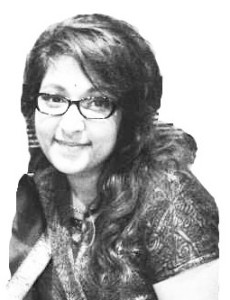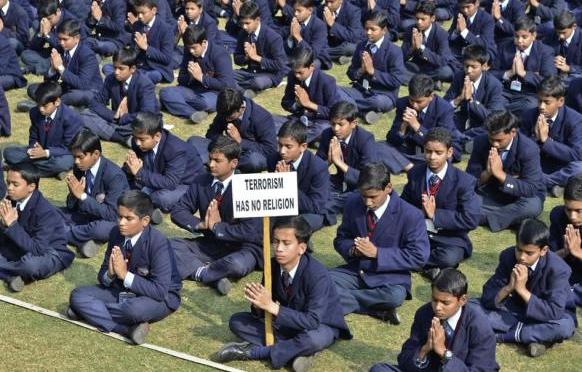On Thursday night, McLaren Hall was home to USF’s second MELA event, where six USF clubs each brought a different social injustice to the forefront of discussions among the hundreds of students in attendance.
The Indian Student Organization (ISO) spearheaded the event that featured traditional dances and music, South Asian food and speeches by USF students and professors. The ISO’s main issue was the pollution in India.
“We want to inspire people to join a cause and find something they care about,” said co-president of the ISO Priya Sajja, who said the ISO got the idea for their cause from the movie “Slumdog Millionaire.”
“We want to create awareness about the South Asian community at USF,” said senior Ravi Sandhu. Sandhu, who was the DJ of the night, is the former president of the ISO, but has since passed on the title and is still a member.
After roughly an hour of socializing during which students had the opportunity to visit each group’s table and learn more about specific causes, the first speaker of the night, USF Professor Taymiya Zaman, stepped to the podium to speak about her life as a Pakistani-American.
“Do I find it difficult to be a woman in Pakistan? Not really,” said Zaman, as she discussed the prejudices she and her family have battled in the United States, from airport security to the questions about her appearance. The roughly 400 students in attendance went from a loud, talkative crowd to a silenced group as Zaman passionately tackled U.S. foreign policy and the use of the words “extremists” and “terrorists.”
“Those extremists’ groups provide healthcare for people that U.S.-backed regimes do not provide,” she said.
The other five groups who shared social injustices were the Muslim Student Association, Back to da Roots, Invisible Children, School of Americas Watch and Not For Sale.
“There has been a 20-year-long war on children in Uganda,” said freshman Maggie Kennedy, whose Invisible Children group focused on the suffering of children in northern Uganda.
Kennedy has been studying this issue since high school, and traveled to southern Uganda two years ago as part of a humanitarian mission. Kennedy and her group were not allowed to enter northern Uganda though.
Invisible Children is a nationwide group that was started in California. There is a branch of the organization in Kampala, Uganda, the nation’s capital.
After two separate musical and dance performances, one by USF sophomores Ravi Amarawanza, Marina Liu, and Sarah Reinheimer that featured South Asian music performed on the sitar, drums and flute, and a separate Hawaiian Ensemble dance, the final speaker of the night approached the podium. USF senior Erin-Kate Escobar, a Jewish-American student, spoke about the Palestinian-Israeli conflict. The issue was the focus of the Muslim Student Association. Escobar talked about being Jewish and recognizing Jewish and Israeli injustices, as well as Jewish-Americans being major contributors to the American Israel Public Affairs Committee (AIPAC), which seeks to maintain and strengthen the American-Israeli relationship.
“In terms of the Palestinian-Israeli conflict, I have no resolution for you tonight,” she joked with the crowd, giving those in attendance a bit of comic relief in between her speech and a poem she wrote about how she feels being a Jewish-American.
“I am from the flesh and bones of the colonized and the colonizers,” she told the crowd. Escobar also gave information about “Abraham’s Vision,” an organization that explores social relations within and in between Jewish, Muslim, Israeli and Palestinian communities. Escobar went on a trip with the group last summer to the Middle East, where they explored just alternatives to the status quo in the Middle East. She encouraged other students who identify with any of their communities to do the same.
The MELA event grew this semester from the previous one held, with more clubs and more students in attendance.
Sajja said, “We want to try and get other clubs involved, and more students to come every time.”
 Syona Puliady is a sophomore international studies major.
Syona Puliady is a sophomore international studies major.
